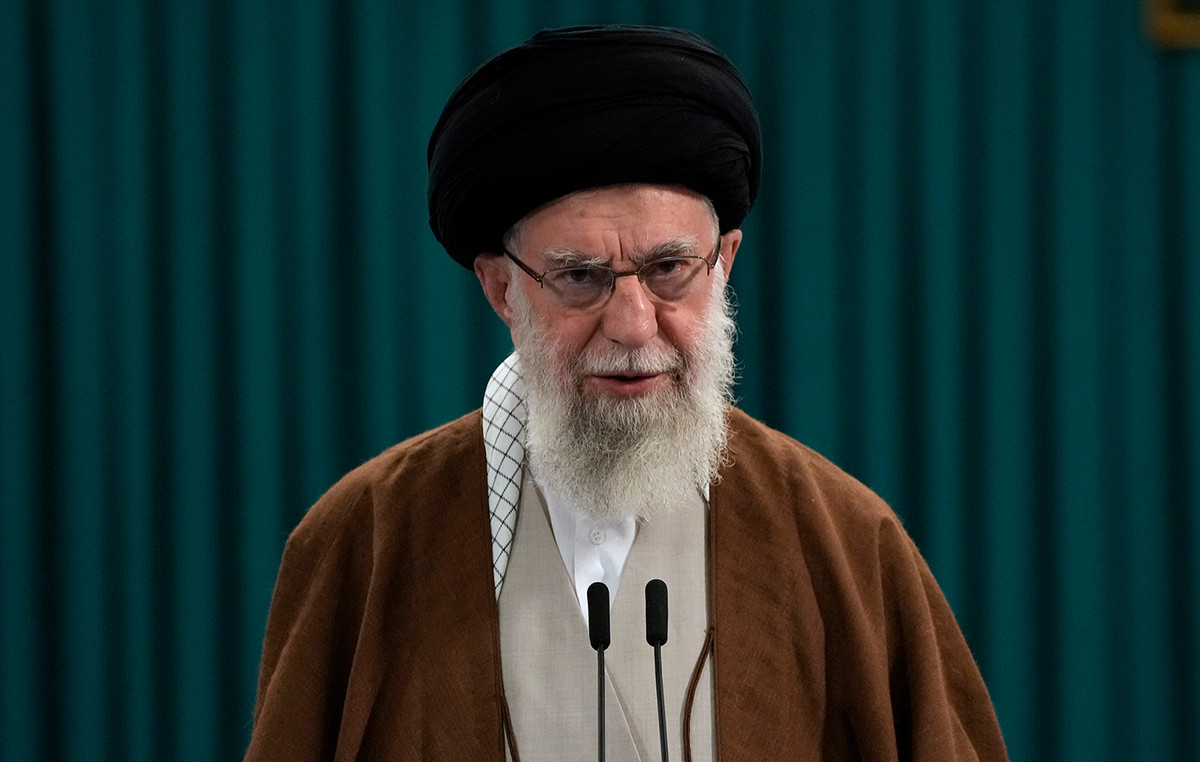Of Eleftheria Kourtali
JP Morgan remains optimistic about the course of Greek bonds, seeing a significant contraction of the Greek spread from the current increased levels and estimating that the ECB will continue, through enhanced repurchases or otherwise, to significantly support Greece, again fully covering the publishing activity of the Greek State. At the same time, the Société Générale appears positive, emphasizing that even if Greece is not included in the QE, this does not necessarily mean disaster.
More specifically, as JP Morgan points out in its new strategy report, it maintains its long positions in 10-year Greek bonds against 10-year Portuguese bonds as the market already evaluates, in its view, a high probability of excluding Greece from the quantitative easing program that will valid after the end of the PEPP and remains convinced, as he emphasizes, that the ECB, in one way or another, will continue to support Greece even in the post-PEPP world.
Greek bonds performed significantly lower than other regional markets during the recent period of uncertainty surrounding the central bank’s monetary policy stance, according to JP Morgan.
The relative underperformance of Greek bonds could, in its view, be explained mainly by the growing uncertainty regarding the Greek bond markets under QE after the PEPP, with the movements becoming further excessive due to limited liquidity.
However, he stressed, he remains “convinced that the ECB will continue to be present in the Greek bond market, either through their inclusion in the post-PEPP program (which remains its basic scenario despite recent reports in the international press), or by giving a large burden in Greece under the PEPP reinvestment program.
In terms of numbers, the monthly net rate of purchase of Greek bonds under PEPP was 1.5 to 2 billion euros from March 2020. Also, the monthly maturity rate of bonds purchased under PEPP in 2021 was about € 15 billion . euro. Therefore, a commitment to support Greece by diverting PEPP-maturing bond flows with an emphasis on Greek bonds should be quite credible and constructive, in the view of JP Morgan, sending a positive signal to the markets.
Also on the supply side, the American bank expects that the ECB will continue, as it is, to cover all the publishing activity of the Greek State. It estimates that Greece will issue bonds amounting to 10-12 billion euros next year (with 3 billion euros of Greek bonds expiring next year) as part of its constructive baseline scenario. Given the forecast for the offer, even less than 1 billion euros of monthly purchases from the ECB would be enough to cover the entire supply of Greek bonds in 2022.
He also points out that Greece still maintains a high level of cash over 30 billion euros, which gives it the flexibility to stay out of markets and not issue any new debt in the ECB non-support scenario after PEPP. As a result, JP Morgan broadly maintains its constructive stance on Greece, given the attractive valuations, its view of continued ECB support, the positive macroeconomic outlook and the stable political landscape.
Finally, according to its estimates, the spread of the Greek 10-year period will decline from the 172 basis points today, to 125 bp in the first quarter of 2022, to 110 bp in the second quarter, to 115 bp to in September 2022 and at 120 bp in the fourth quarter of next year. At the same time, he estimates that Greece will enter the markets in January with a new 10-year bond and a new 5-year or 15-year bond until February, taking full advantage of the time that PEPP is still running.
The basic scenario of SocGen for Greece
For its part, the Société Générale notes that the ECB intends to reduce its net asset purchases in 2022, while avoiding the risk of unjustified expansion of spreads. Therefore, the key will be to maintain a high degree of flexibility in asset markets and not point in the direction of a very fast tapering.
Recent international press reports suggest that the current ECB debate revolves around the following details: the remaining PEPP dossier, PEPP reinvestment flexibility, a temporarily increased buying rate under the regular QE program with regular updates on forecasts. .λπ.
According to SocGen’s baseline scenario, there will be around € 100 billion in unused funds in the PEPP dossier in March 2022 when it expires. These could thus be used to “stabilize” the bond market if needed and are close to the average monthly purchases of Italian and Greek bonds under PEPP of € 12 billion and € 1.7 billion, respectively.
In any case, the French bank estimates that Greece will take advantage of the time that PEPP is still “running” and will move forward with a forward-looking publishing activity program in the first quarter of 2022.
If Greek bonds do not participate in the normal QE, there will be volatility in the market, however the end of PEPP would not be a disaster for Greece, as the French bank has argued. This is because Greece will benefit significantly from the disbursements of the Recovery Fund, claiming in 2022 a total of 7.1 billion euros (3.4 billion euros in grants and 3.7 billion euros in loans, corresponding to two installments) . At the same time, Greece will benefit from fiscal support instead of monetary support, which will offer a significant further “cushion” for Greek bonds. After all, as the ECB itself often states, “fiscal policy should continue to complement monetary policy.”
.
I am Sophia william, author of World Stock Market. I have a degree in journalism from the University of Missouri and I have worked as a reporter for several news websites. I have a passion for writing and informing people about the latest news and events happening in the world. I strive to be accurate and unbiased in my reporting, and I hope to provide readers with valuable information that they can use to make informed decisions.







